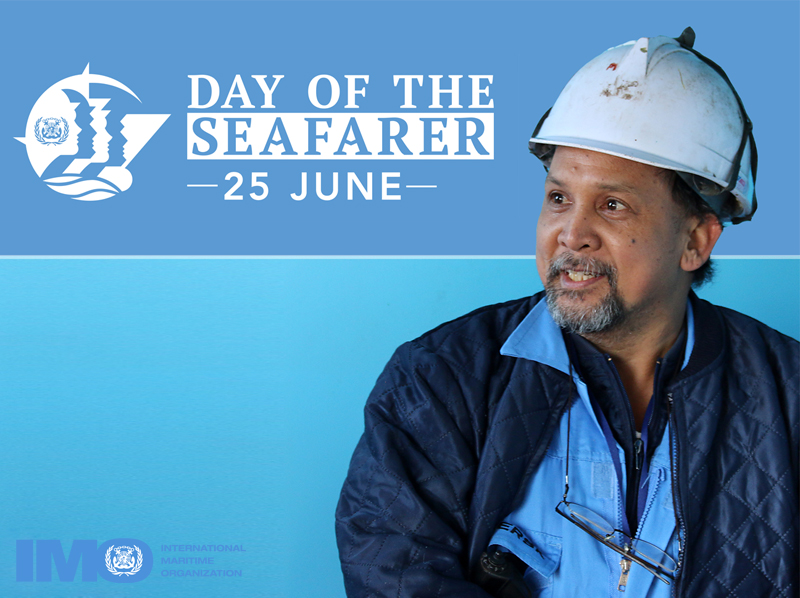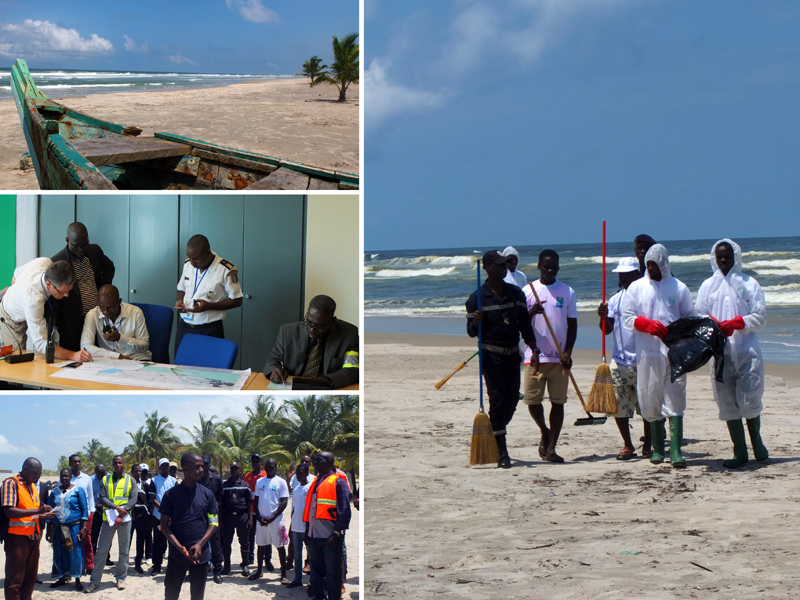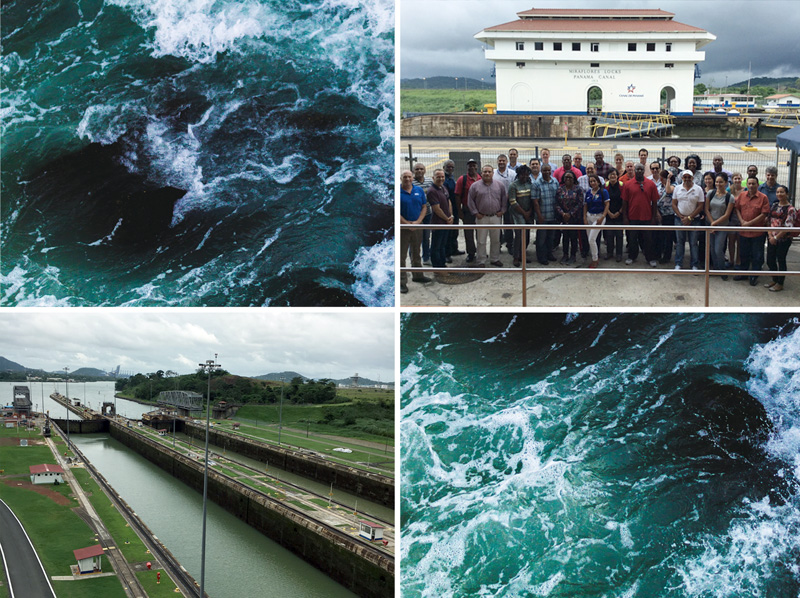Whats New 2017
Africa Maritime cooperation centre holds first workshop
The newly established GMN project on maritime technology cooperation, run by IMO and funded by the European Union, has held its first ever national workshop in Mombasa, Kenya (19-20 June). The event brought together 67 participants to discuss ways to bring shipping into a low carbon future. The event also allowed stakeholders to familiarize themselves with the project’s mission, vision and goals as well as gain deeper understanding of the project’s benefits and the different roles each will play in making the Maritime Technology Cooperation Centre of Africa (MTCC-Africa) a success. more...
GMN maritime technology project seeks stakeholder participation
The GMN maritime technology project, run by IMO and funded by the European Union, has issued a call for expressions of interest from individuals within specified organizations to become members of the GMN Project’s Global Stakeholder Committee (GSC). The Global Stakeholder Committee will meet to share ideas and provide long-term strategic guidance. Further information is available on the GMN website. more...
Promoting wreck removal
The IMO treaty covering the removal of wrecks has been part
of discussions at the Wreck Removal Contracts and Operations Seminar in
London (20-21 June). IMO’s Jan de Boer gave an overview of the Nairobi
International Convention
on the Removal of Wrecks, which provides the legal basis for States to remove,
or have removed, shipwrecks that may threaten the safety of lives, goods and
property at sea, as well as the marine environment. more...
Beyond maritime security
Economic stability and sustainable development can be driven by an integrated approach to the maritime sector, including ports, maritime security and facilitation of maritime traffic. Joined-up government policies are critical. These were key messages delivered by IMO’s Chris Trelawny, who was speaking at the Port Security Technology Conference, London, United Kingdom (20 June), which provided an opportunity to build on this year’s World Maritime Theme, “Connecting ships, ports and people”. more...
Energy-efficient shipping on the curriculum
Maritime
educators from South Africa are taking part in an IMO training workshop to
introduce the topic of energy-efficient ship operation into their teaching
curriculums. The workshop, taking place in Durban (19-20 June) was developed
under the Organization’s GloMEEP
project and supports maritime training institutes to deliver the IMO Model
Course 4.05 to seafarers. more...
Ten days to Day of the Seafarer 2017
With only ten
days to go until Day of the Seafarers, IMO encourages everyone to join the
campaign and show that #SeafarersMatter. Under this theme, the
campaign is engaging people responsible for the world’s ports and seafarer
centres to demonstrate how much seafarers matter to them by featuring great
initiatives that support and promote seafarer welfare. These efforts are
presented on a new virtual world map, which showcases best practices and helps celebrate seafarers. If you are organizing a Day of the Seafarer event or have
facilities for seafarers at the port you work in - don’t miss the chance to
feature on the map, here. more...
Ukraine ratifies salvage and fouling treaties
Ukraine has ratified two important IMO treaties that help to protect the marine environment – the International Convention on Salvage and the Control of Harmful Anti-fouling Systems on Ships (AFS Convention). H.E. Natalia Galibarenko, Ambassador of Ukraine to the United Kingdom, met IMO Secretary-General Kitack Lim at IMO Headquarters, London (15 June) to hand over the instruments of ratification.
Practice makes perfect in fight against oil spills
A
tanker collides with an unknown ship off the Ivorian coast, causing a major oil
spill. This was the scenario of an oil spill training exercise that took place
in Abidjan and Assinie, Côte d’Ivoire (8-9 June). The deployment exercise
involved more than 100 participants from various public institutions and the
private sector, working together to fight the simulated spill, first at sea and
then ashore. more...
Caribbean committed to ballast water management
A meeting of countries in the Wider Caribbean Region is
renewing regional coordination to help implement IMO’s Ballast Water Management
Convention and thereby minimize the transfer of harmful aquatic organisms and
pathogens in ships' ballast water. Topics discussed at the workshop, being held in Panama City
(5-9 June), include ways for moving ratification and implementation forward
throughout the region. more...
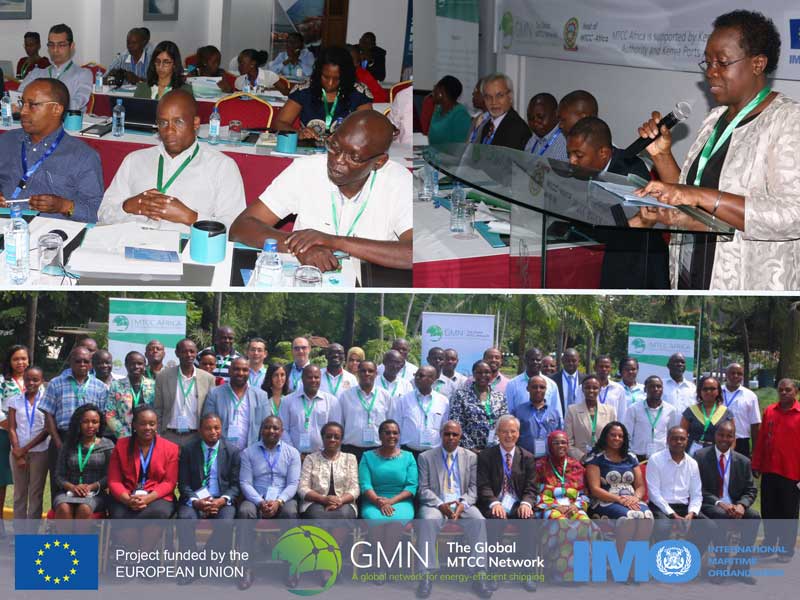
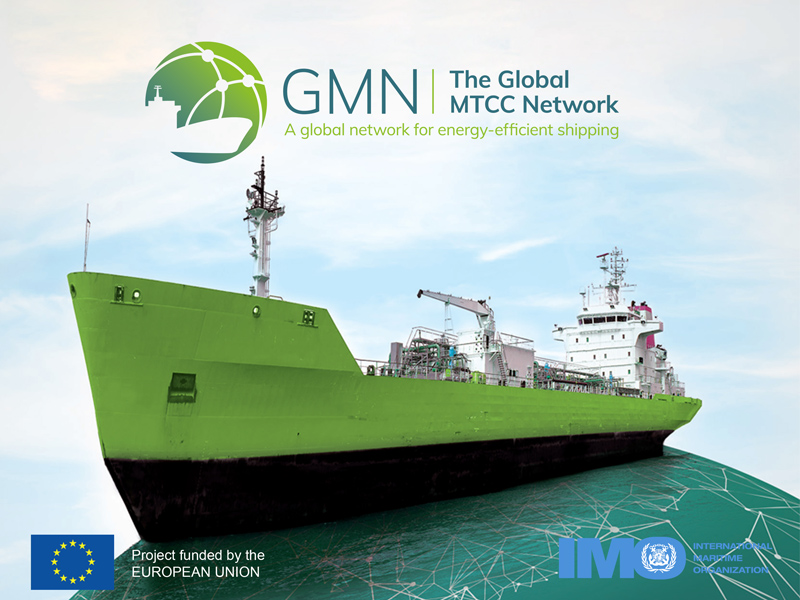
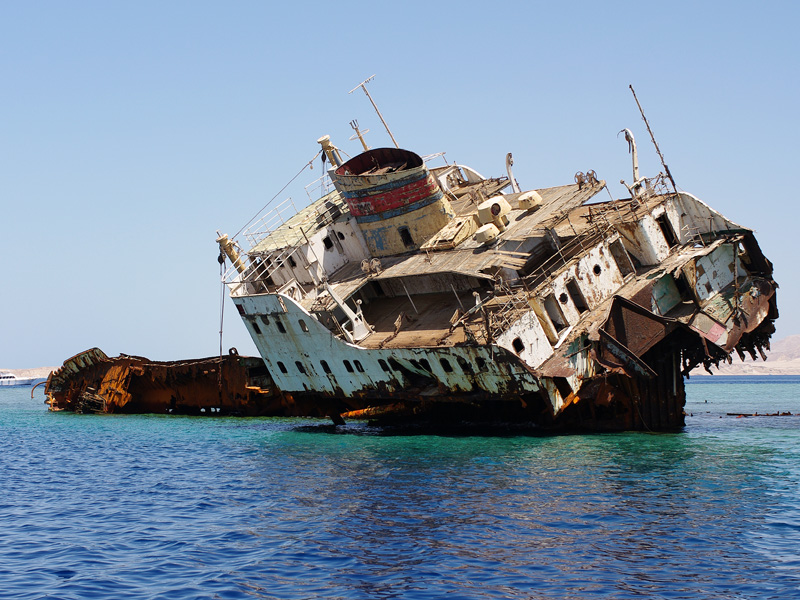
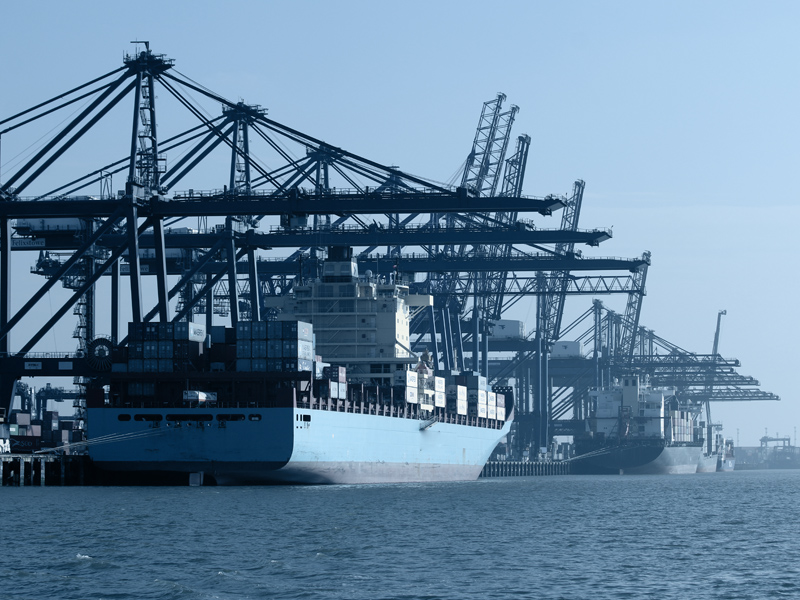
.jpg)
